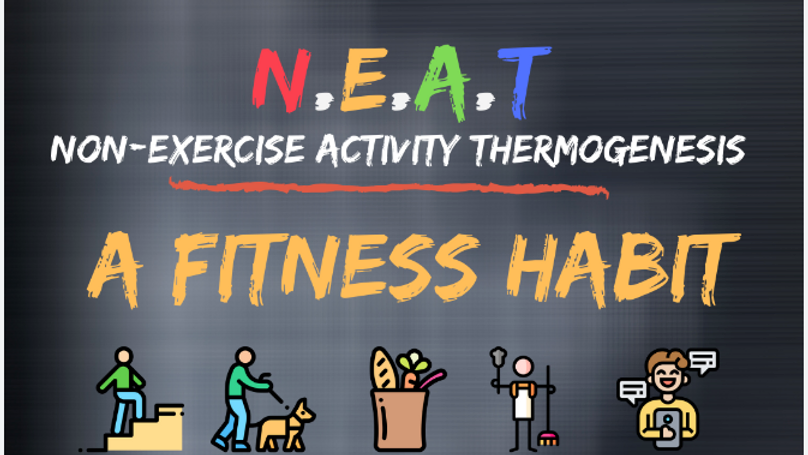The body’s organs “talk” to each other through a signaling system. The organs, like the stomach, liver, intestines, pancreas, etc. send signals by secreting hormones that then send signals to the brain. These signals either tell a person they are hungry or they are full, which is called satiety. These two signaling pathways – the hunger pathway and the satiety pathway – counter balance each other, and they cannot both be active at the same time. When the two pathways are pulling against each other, the strongest one wins.
When you gain weight, and have an increase in the amount of fatty tissue, you develop leptin and insulin resistance. This means they are no longer pulling for the satiety side, but move to the hunger side which makes Ghrelin even stronger.
When we do bariatric surgery, this signaling system is reset back to normal. Now the hormones can work normally. You begin to feel satisfied more easily, and the hunger is knocked out. (If you feel hungry right after surgery, it is not physical hunger. It is more likely emotional hunger, and that can be managed with treatment.)
The one piece missing in the above is the “organ” that affects metabolism – muscles. Following weight loss after surgery, your goal is to maintain that weight. The surgery helps you to lose weight and your muscles help you to keep it off. While still in the early stages of research, we have discovered that your muscles send out myokines, which is their signal to the brain to adapt your metabolism to assist the body in reaching “equilibrium,” or that state where the energy you take in equals the energy you put out. If you take care of your muscles, your muscles will take care of your weight. By feeding your muscles protein and exercising them every day, you keep your muscles strong. And when they are strong, they will keep burning fat. The type of exercise that helps muscles burn the most fat is called High Intensity Interval Training, where you are constantly changing up the muscles used. This allows them to continue to burn fat for many hours after you stop exercising.









